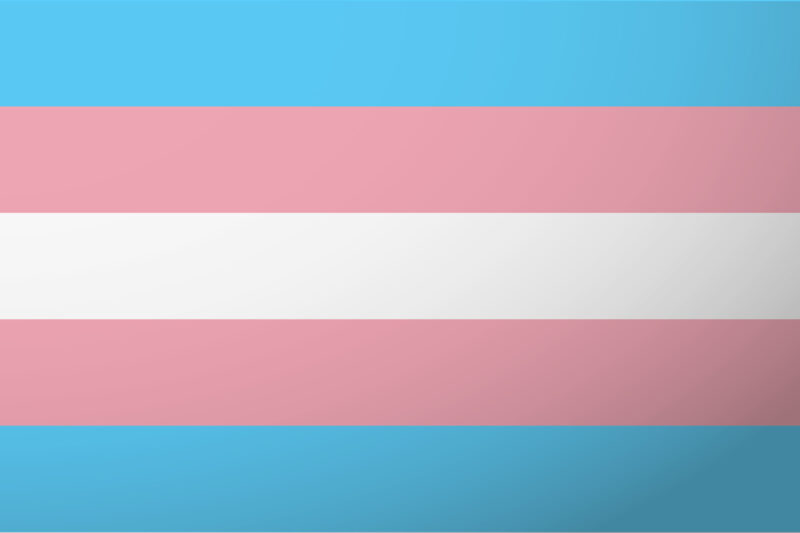
“I have several birthdays, all of them near October 25th. I am 74 or 75 years old, and I’m still f**king here.”
spoke to a crowd of several hundred people last night — mostly queer and trans people, women and femmes of color — who had come to the New School in Manhattan to honor her birthday, her life, and her vision and watch a screening of the film that tells her story, “”
The film chronicles Miss Major’s life from childhood in Chicago to surviving on the streets of New York City in the 1960s to Stonewall to Attica to Oakland to becoming the mama and grandmother to so many trans women. Miss Major is our movement’s rock.
After the film, Miss Major and other Black women elders in the community spoke to the crowd about survival, resistance, and hope. It was energizing at the same time that it was somber. So many trans people of color have been lost too young as the film documented — at the hands of violence from partners, strangers, or the extended violent neglect of all the systems that have failed to care for or about them.
Through her work, Major has given her emotional, intellectual, physical, and spiritual labor to care for thousands of trans people who needed love, touch, food, shelter. As former executive director of the Transgender Gender Variant and Intersex Justice Project, she supported hundreds of trans people in prison and jail across California and the country.
“I just want my girls to be okay,” she explained repeatedly throughout the film.
When so many people in the trans community are still not okay because of the relentless and systemic discrimination they face, Miss Major called on the crowd to continue the fight to keep her community — our community — alive, loved, supported. “I’m tired,” she says at one point in the film.
Of course she is. This is not a new fight for justice. Miss Major has been fighting for over 50 years.
Now, at a new peak of trans visibility, there are swirling questions about the nature of the fight for trans justice. Opponents of trans equality are playing on fears about who trans people are, what our bodies look like, and what our existence means about the nature of gender to sabotage legal protections for our community and impose new discriminatory mandates like North Carolina’s anti-trans law, HB2.
From the pages of to the halls of legislatures across the country to the , nontransgender people have taken up a so-called “debate” over whether legal protections for transgender people can be extended to places like locker rooms or restrooms without compromising the “safety” and “privacy” of nontransgender people.
Our response is clear and unequivocal: Protecting transgender people from discrimination . And it is not really about restrooms or locker rooms or nudity but about fear and disgust of trans people. It is about whether transgender people can engage in public life and exist in public space.
This fight to expel trans people from societal structures might be invigorated but it is not new. The bodies and lives of transgender people — particularly women and femmes of color — have long been targeted and criminalized through anti-crossing dressing laws, .
Unless and until we push back against the very idea that the existence and bodies of trans people are the problem, fragmented legal gains won’t protect the most vulnerable among us.
Now is the time to take on the full fight for transgender people — for the whole community and without compromise. We owe it to our elders who have carried this fight for decades with few resources and no public support. We owe it to our youth who deserve to imagine a more beautiful future. We owe it to the entire community, and we will not stop fighting.

